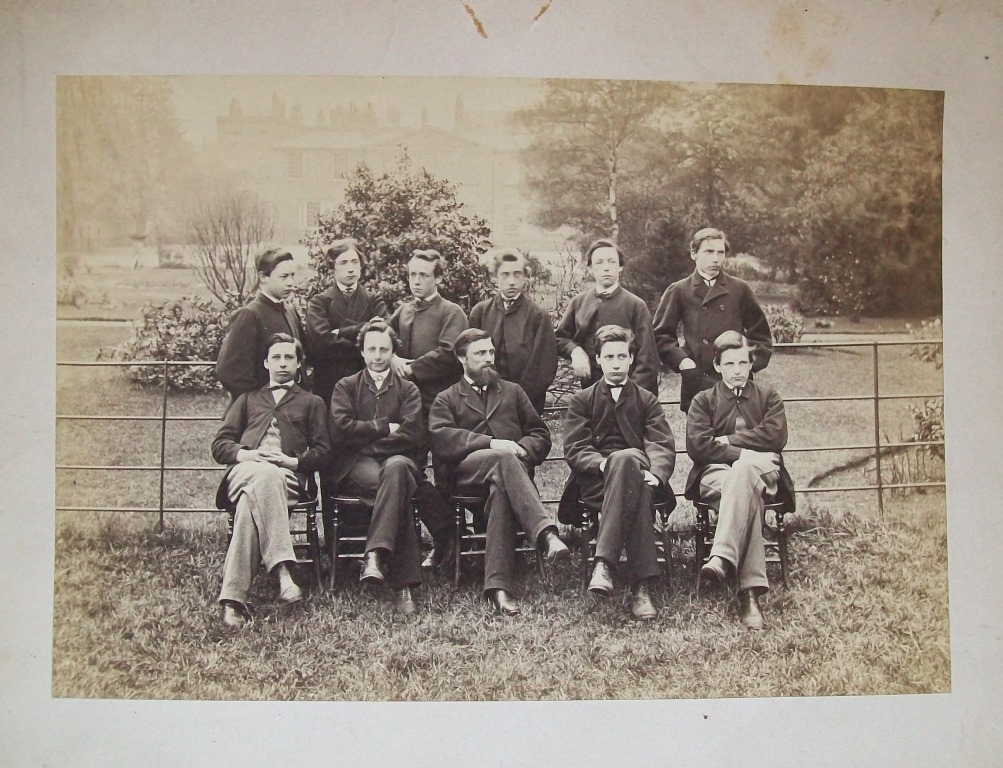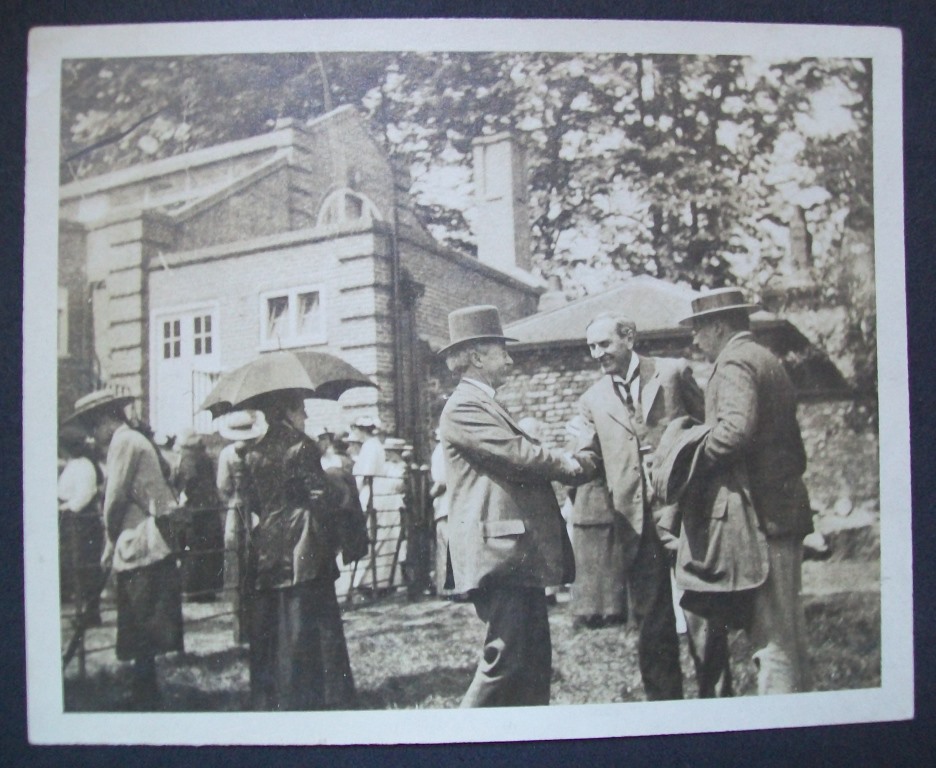
12th June marks 100 years since the death of Silvanus P. Thompson, who was born in York in 1851 and went on to become an eminent physicist. His father taught at Bootham School, and the family lived in Union Terrace. Silvanus attended Bootham School between 1858 and 1867, and returned as a teacher between 1870 and 1875. During his career he was appointed Professor of Physics at University College Bristol, then Finsbury College in London, and was made Fellow of the Royal Society, President of the Institution of Electrical Engineers, President of the Physical Society of London and President of the Röntgen Society.

Silvanus P. Thompson would have benefitted from the science teaching and activities at Bootham School. The school was equipped with laboratories, regular lectures were given by teachers or visiting scientists on everything from Anatomy, Mechanics, Fossil Zoology, Physics and the Menai Bridge. The school had a flourishing Natural History Society and natural curiosity was encouraged. During a speech at the school 1902 he talked about the “many memories some of us have of the mysterious operations, the photography, the bird-stuffing, and the chemical explosions which went on.” He approved of how students were taught “not to be afraid to try, to put forward their strength, to make experiments. This character, this sturdy independence, this originality of effort, which the school has fostered, may we not hope that it will long flourish?” He argued that the pressure of examinations should not be allowed “to spoil in the future those features of originality, those sources of independent life, those influences which have developed the School along its own lines? Are we to have a school of which the primary consideration is that it shall score in taking off prizes at outside examinations? I sincerely hope that will not be so.” That thread of encouraging curiosity, looking for the best in each individual and enabling them to make the best use of their talents has continued throughout the history of the school.
